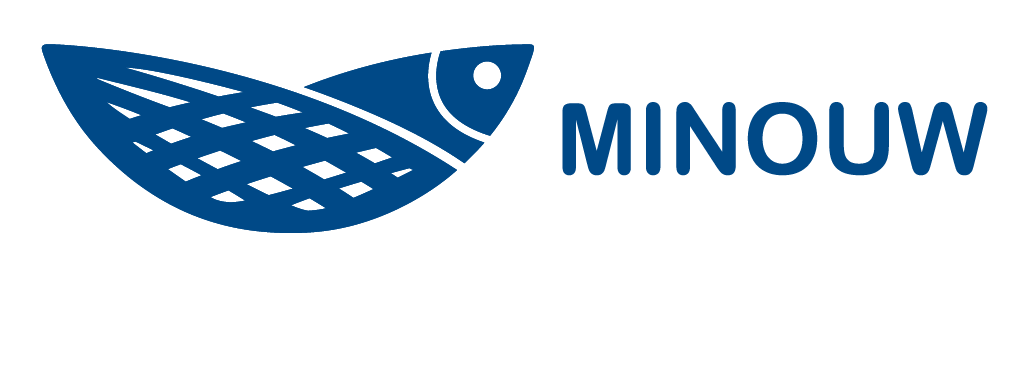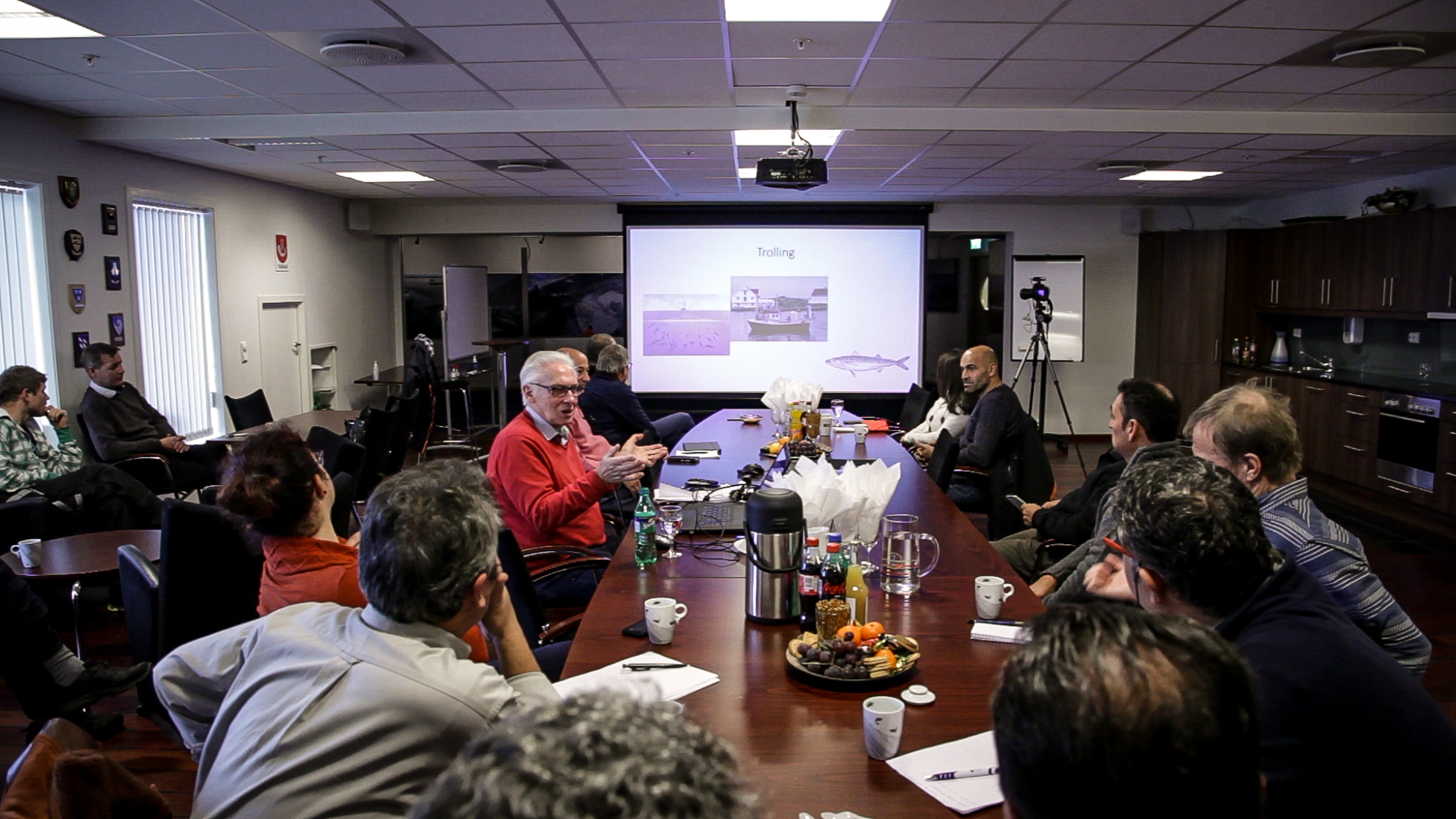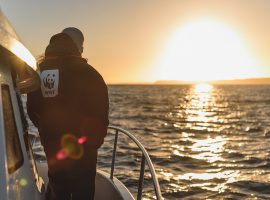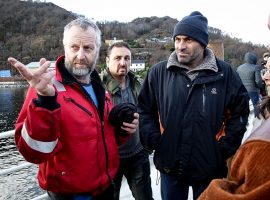The fishers exchanges and workshops organised by MINOUW have proven to be a highly successful tool for promoting the adoption of more selective and sustainable fishing methods across the Mediterranean. The experience and expertise of fishers, and the fact that their peers are morel prepared to listen to them, can make them uniquely effective advocates for change.
Putting fishers first
Over the past three years MINOUW has been bringing together fishers from across the Mediterranean and beyond, giving them the opportunity to share their knowledge and expertise.
Following collaborative exchanges between scientists and fishers, certain techniques were identified as being candidates for the project. These were then field tested by MINOUW researchers, working in close collaboration with local fishers.
Different groups of fishers were then brought together, giving the participants the opportunity to see first hand the techniques used in other fisheries, and hear how they could benefit them economically whilst also improving the sustainability of the fishery.
In the Balearic islands, MINOUW worked in the transparent goby fisheries with a team of administrators, local fishers, researchers and NGOs, including WWF, to protect the sustainability of the fisheries. This team established a daily quota for sustaining the sales prices in 22 of the species caught. Together, they set limits on the number of fishing licenses to be given, the number of fishing hours and days to be used, and the maximum fishing depth to be used in achieving the quota.
“I was very excited when I heard about the MINOUW fishermen’s exchange programme, the idea of learning about fishing methods in other countries certainly sparked my interest”
Giannis, Fisher, Kavala
This collaborative approach was a key feature of the MINOUW project. In the past, fishers have too often been marginalised when it comes to decision making. Not only does this alienate the very people who are most affected, it also fails to take advantage of their vital knowledge and experience.
Our peer-to-peer exchanges put the fishers at the centre of developing solutions. They help identify and develop the techniques which are effective, practical and sustainable, and then act as advocates for these techniques, communicating them to other fishers around the Mediterranean.
ITALY, PORTUGAL AND NORWAY: Sharing knowledge and expertise
The first of these exchanges took place in Viareggio, Italy, in 2015. Fishers from Spain and other parts of Italy were invited to observe how the locals benefited from the use of ‘guarding nets’. Used in trammel net operations, this simple, affordable modification has been shown to reduce the amount of discards by up to 50%.
The following year, fishers and scientists from Portugal, Spain, Italy and Greece were invited to Norway to meet the fishers there. Norwegian fishers have long been at the forefront of innovative techniques to reduce by-catch; a ban on discards was introduced more than 25 years ago, and they have seen stocks recover as a result, in particular the introduction of sorting grids in bottom trawls.
The Mediterranean fishers joined their Norwegian peers at sea to observe their methods for reducing pre-harvest mortality and post-harvest discards, and the more selective fishing techniques employed.
“If I had to use one word to describe my experience in Portugal with the MINOUW project it would be ‘unique’.”
Giannis, Fisher, Kavala
In March 2017, fishers from Greece visited Faro in Portugal to share their experiences of purse-seine techniques. In traditional purse-seining a technique called ‘slipping’ is used to allow bycatch to escape. However, this has a high mortality rate due to the stress caused to the ‘slipped fish’. A new ‘slipping’ technique - developed in a collaboration between MINOUW scientists and the fishers from Portugal - was discussed and demonstrated in this exchange. It has been shown to reduce bycatch mortality by up to 300%.
Learning from experience
The MINOUW peer-to-peer exchange programme has proven to be one of the most effective ways of transferring knowledge between fisheries. The fishers involved were able to ask questions and voice their doubts to the very people using the new techniques. By bringing fishers together from across the world, ideas can be exchanged, techniques learnt and lines of communication opened.
We learned three key lessons from running these exchanges:
- It is vital that scientists and fishers work together to identify which techniques are effective. By combining their different types of expertise, they can develop innovative solutions.
- Creating exchange programmes through which fishers can transfer knowledge between one another is vital to ensuring that the relevant techniques are disseminated across the Mediterranean. Fishers listen to and respect each other. New techniques are far more likely to be adopted if another fisher can explain their success, answer questions and expel doubts.
When fishers are excluded from the decisions which affect them, they are far less likely to be committed to them. By bringing together fishers, scientists, policy-makers and NGOs, we ensure that all levels of knowledge and experience are respected, placing collaboration at the very heart of the process.
Plotting a course for change
We believe the MINOUW peer-to-peer exchange programme has shown how important it is to engage fishers on all levels of the decision-making process. By opening up the lines of communication between fisheries, and encouraging them to work together, we have shown that effective change is possible.
By utilizing their experience and expertise, effective solutions were identified, tested, and shared across the fisher community. This is just the first step in empowering fishers to play a bigger role in the decisions being made which affect them and the fisheries in which they work.





